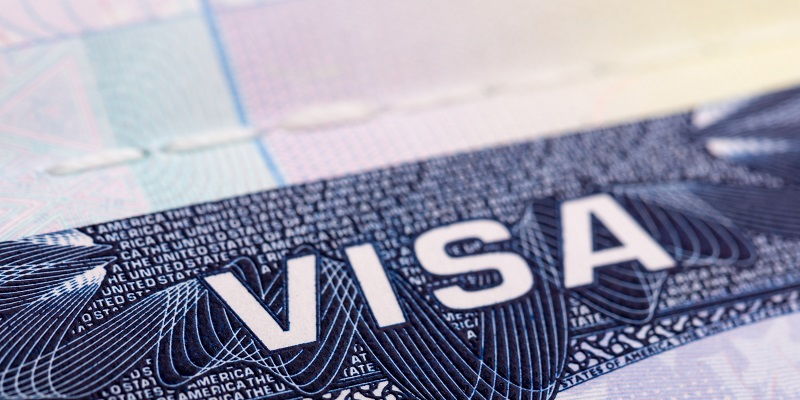Nearly 70 Indian nationals have recently filed a lawsuit against the Department of Homeland Security (DHS), accusing the agency of unfairly denying their visas on the grounds of employer fraud. These individuals were employed through the Optional Practical Training (OPT) program, which provides foreign graduates of US colleges and universities with temporary work authorization.
Background
The plaintiffs argue that they were not aware of any fraudulent activities carried out by their employers, asserting that they should not be held accountable for the actions of their employers. Despite subsequently finding employment with legitimate businesses, their visa applications were still denied. This has caused considerable distress and uncertainty for these individuals.
Alleged violations by DHS
In their lawsuit, the plaintiffs allege that the Department of Homeland Security violated the Immigration and Nationality Act by failing to provide them with notice of visa sanctions and neglecting to grant them an opportunity to respond with evidence. This lack of due process has further aggravated their situation, and they seek redress for these violations.
USCIS and H-1B visas
In a related context, the U.S. Citizenship and Immigration Services (USCIS) recently opened the initial registration period for employers seeking H-1B visas for the fiscal year 2024. The outcome of this registration process holds potential implications for the plaintiffs as they are participants in the OPT program, which aligns with their career aspirations and hopes for long-term employment in the United States.
Defendants and plaintiffs
The plaintiffs in the case were employed by four IT staffing companies – Andwill Technologies, AzTech Technologies LLC, Integra Technologies LLC, and WireClass Technologies LLC. These companies were originally approved to participate in the OPT program and were certified through the E-Verify employment verification program, which adds further complexity to the situation. The plaintiffs, however, emphasize that they were not involved in the fraudulent activities carried out by these businesses.
Uncovering the fraudulent scheme
Subsequently, the Department of Homeland Security discovered that the four IT staffing companies were engaged in a scheme to defraud the government, schools, and foreign national students. The DHS sought to sanction the plaintiffs as co-conspirators, claiming that they knowingly participated in the fraudulent operation. However, the plaintiffs argue that they had no knowledge or involvement in the fraudulent activities and are being unfairly penalized for their association with these businesses.
The lawsuit filed by nearly 70 Indian nationals against the Department of Homeland Security raises important questions about fairness and due process in the visa application process. The allegations that these individuals have been unfairly denied visas due to the fraudulent actions of their employers should be thoroughly investigated. The outcome of this case holds significant implications for the future of the OPT program and the rights of foreign workers in the United States. It is essential that justice is served and that these individuals are given the opportunity to present their evidence, ensuring a fair and equitable resolution to this complex situation.

